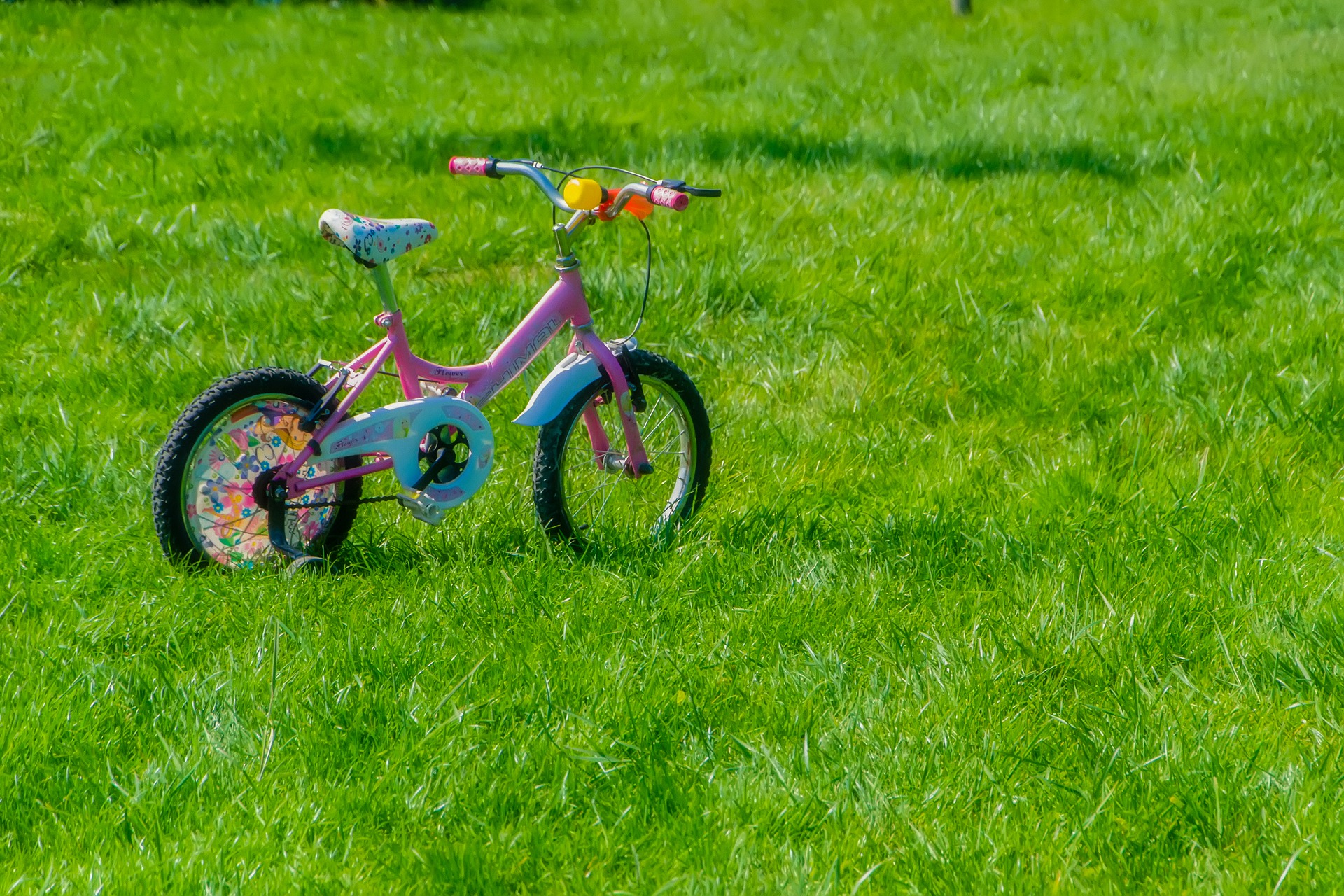
“SCHOOLS NEED A KNOWLEDGE-RICH CURRICULUM!” PROCLAIMS DAMIAN HINDS. WHAT DOES HE KNOW?!?
There is much talk currently about the need for a “knowledge-rich” curriculum but what exactly does this mean? Is it another of those pompous phrases invented by some pontificating government minister?
The National Curriculum has always been known as ‘content heavy’: too much to teach in too little time. How is knowledge-rich different to content heavy?
When we talk about knowledge with regard to the curriculum, what exactly do we mean?
Well, knowledge can be split into these three broad headings:-
Knowing about something (referred to as propositional, declarative or descriptive knowledge)
Derived from Plato’s ‘Meno and Theaetetus’, it is suggested that propositional knowledge has three essential components. These components are identified by the view that knowledge is 1) justified 2) true 3) belief.
Knowing how to do something (referred to as procedural or imperative knowledge)
This is the knowledge exercised in the performance of some task.
Knowing because (referred to as experiential knowledge)
This is knowledge gained through experience, as opposed to propositional (textbook) knowledge.
Are you with us so far? OK, now this is the interesting part. There is often a perceived tension between knowledge and skills but actually the two are the best of friends. If you think about it, the use or execution of procedural knowledge leads to skill-building.
Let’s take as a subject something we are all familiar with – a bicycle – and put this in the context of our three headings.
Propositional knowledge would look something like this:-
The invention of the bicycle
Different makes of bicycle
Different types of bicycle e.g. racing, touring and so on. You get the idea.
Procedural knowledge would focus more on function such as:-
How to ride a bicycle
How to change a tyre
Incidentally, once you begin to actually put that procedural knowledge into practice it becomes skill-building and practice is required! The accomplished skill is the ability to do something well. This is also when knowledge is perceived as becoming tangibly useful. There is no tension between knowledge and skills but a balance between the two.
Experiential knowledge essentially comes through the senses e.g. watching cycling on TV.
I think we’d all agree that possessing knowledge is important. However, being able to draw upon and apply that knowledge is necessary to, not just adequately function in life, but to thrive. Put simply, learning is at its most vibrant and rewarding when knowledge is applied to shape experience. It becomes the reason why learning is so important. It raises the value of the knowledge-rich curriculum currency.
In the Dimensions Curriculum model we ensure knowledge is specific, as well as progressive, through our unique Concept Flow. We encourage spaced retrieval across a range of subjects and knowledge is sequenced and mapped deliberately and coherently. Factsheets in history enable pupils to organise their knowledge and they support retrieval practice.
Our Skills Ladder ensures there are plenty of opportunities for pupils to use procedural knowledge across all subjects, practicing and developing a wide range of skills. We believe learning comes from trying things out, from failing on occasion, from explaining why and from trying again.
Elaine Sutton, Creative Whizz









